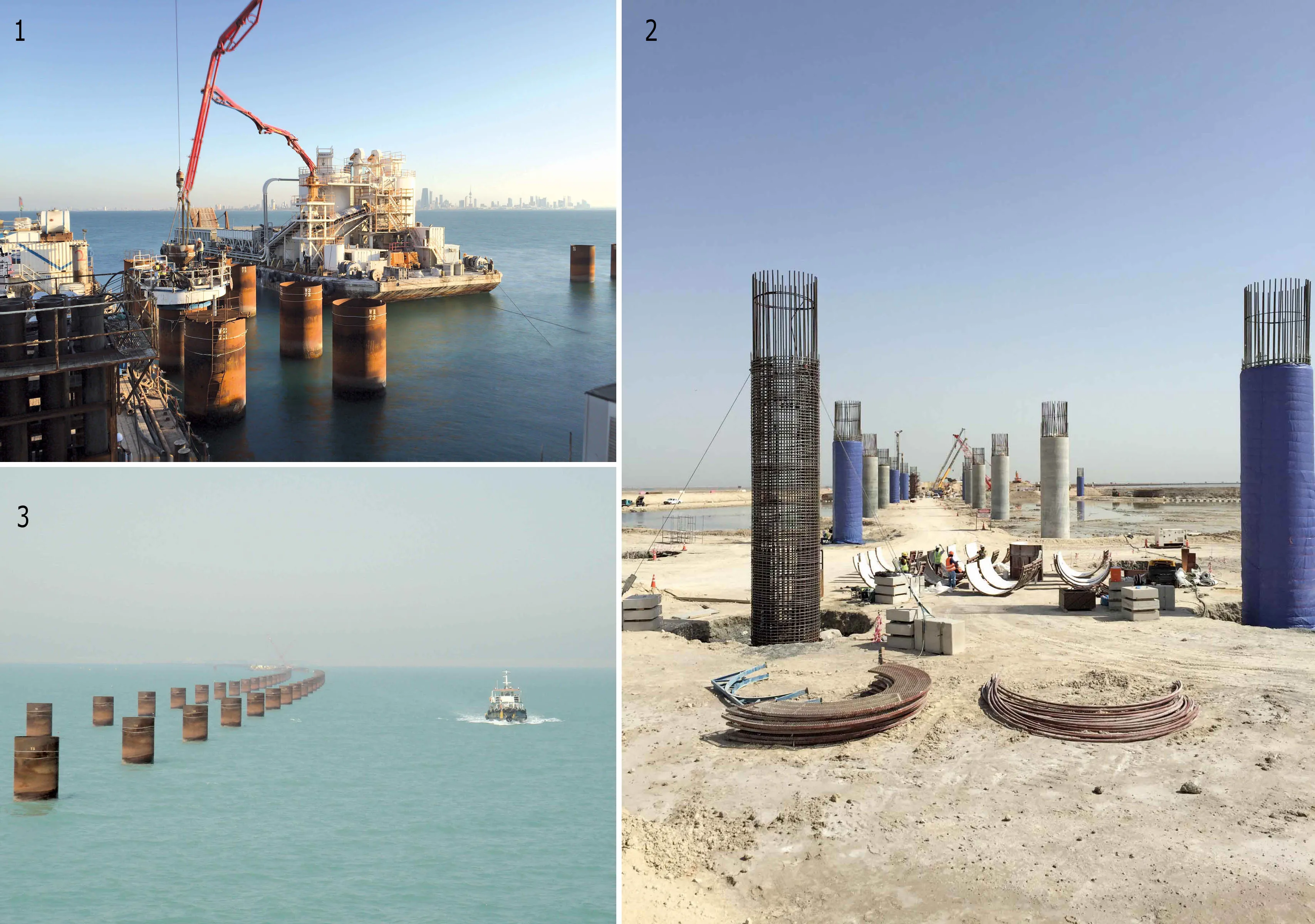
The remote Russian-controlled Iturup Island is to benefit from a new road connection. This 60km road will run between the island’s biggest town, Kurilsk, and Burevestnik Airport.
Around 3.4km of the road will be surfaced while 2.7km will feature a gravel road construction. The remainder of the road will however be unpaved.
Building the road forms part of a programme of works by the Russian Government to develop infrastructure on the island in a bid to lift its economy. The road is expected to be complete by 2024.
Tourism is a sector expected to benefit from the improved link as the remote island is home to many rare species and of interest to wildlife enthusiasts. The road will also be of benefit to the Russian military forces on the island, which has an airbase.
At present the island’s roads are in poor condition and largely unsurfaced. As a result, drivers often use the beaches along the coast to make journeys.
Iturup Island was previously named Staten Island and is one of the Southern Kurils, the ownership of which is disputed between Russia and Japan. The volcanic island is primarily a nature reserve but is also the world’s primary source of the element rhenium, used as a catalyst and also in gas turbine engine components.








